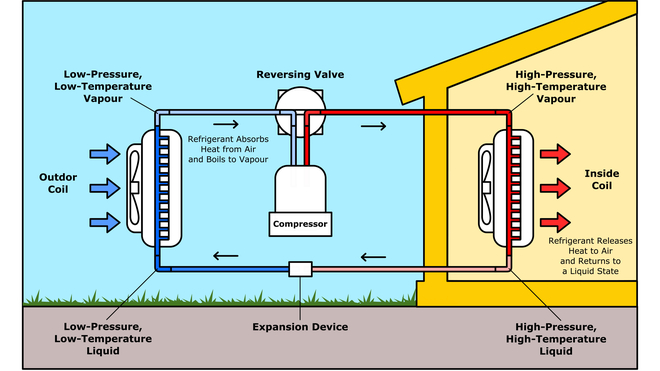When winter temperatures plunge in Vail, Aspen, Glenwood Springs, and the Roaring Fork Valley, you need reliable, efficient heating. At Climate Control Company, we specialize in cutting-edge cold climate heat pumps designed specifically to perform in the extreme weather conditions of Colorado’s high country.

What Are Cold Climate Heat Pumps?
Cold climate heat pumps (CCHPs) are advanced heating and cooling systems engineered to deliver reliable performance even when outdoor temperatures dip well below freezing. Unlike traditional heat pumps, modern CCHPs can operate efficiently at temperatures as low as -15°F, making them ideal for homes and businesses in Vail and surrounding mountain communities.
Our team at Climate Control Company understands the unique challenges of heating in high-altitude environments like Snowmass, Carbondale, and Eagle. We offer:
As a locally trusted HVAC contractor, Climate Control Company has been keeping Colorado mountain homes comfortable for over six decades. We’re proud to bring the latest in heat pump technology to our neighbors in: Vail, Aspen, Glenwood Springs, Edwards & Avon and surrounding areas.
If you’re considering a cold climate heat pump for your home or business in the Vail or Roaring Fork Valley area, contact Climate Control Company today. We offer personalized recommendations, transparent pricing, and top-tier service to ensure your comfort in every season.
Call us or schedule online today. Stay warm, stay efficient, stay local.
